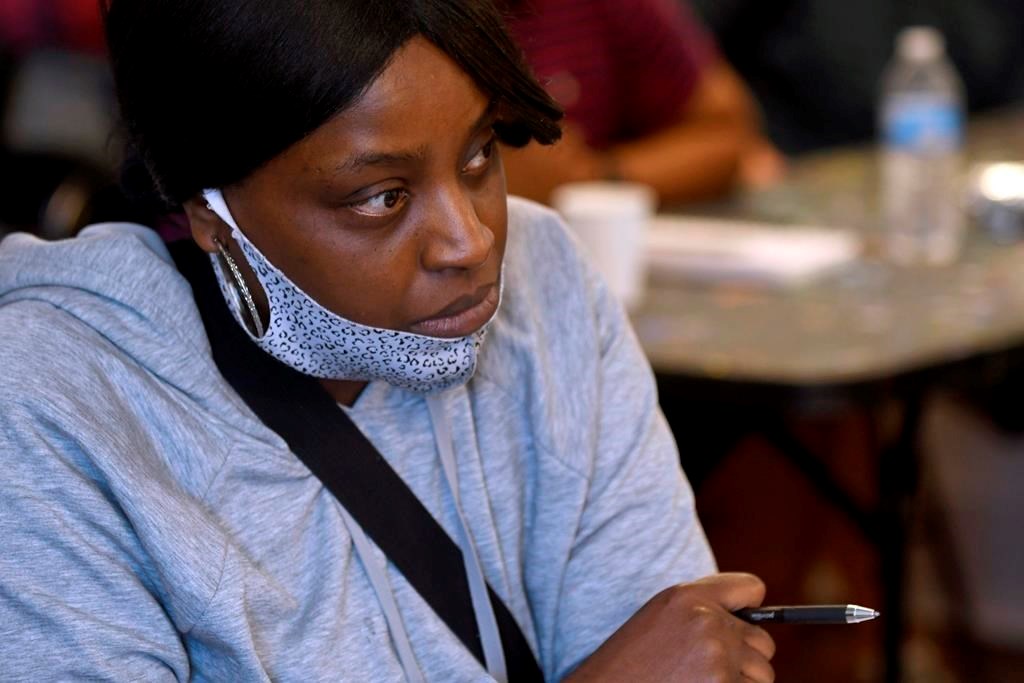DENVER — Terrence Hewing was working for a package delivery company in 2007 when police approached his cargo van in suburban Denver.
That led to a couple of days in jail, thousands of dollars in legal fees and a felony conviction for drug possession.
Hewing, 39, recently became one of only a few Black entrepreneurs to receive a business license in Colorado’s recreational marijuana industry.
Social equity has been a selling point for marijuana legalization in many states.
In Nevada, about 30% of people in the state are Latino and 10% are Black.
In some cases, aspiring social equity licensees have been locked up again, this time in predatory contracts, with profits and control largely in the hands of investors.
According to a 2020 study by the American Civil Liberties Union, Black people in the United States are nearly four times more likely than white people to be arrested for marijuana possession, despite comparable usage.
The Colorado program is open to those who lived in the state for at least 15 years between 1980 and 2010 in an opportunity zone or an area disproportionately affected by drug laws, which is determined by education and poverty levels, unemployment rates and the number of people who receive public assistance.
Los Angeles, the nation’s largest legal pot shop, opened for businesses in 2018.
“I’m paying rent on an empty building,” lamented Kika Keith, a leading Los Angeles activist and co-founder of Social Equity Owners and Workers Association.
Keith, who is Black and grew up in South Los Angeles, has secured new financial backers but is still waiting for a license.
Keith likens her long fight to struggles of the past, like breaking down Jim Crow laws that enforced racial segregation in the South.
Cannabis business attorney Hilary Bricken said California’s market is treacherous even for experienced operators, with dense layers of constantly shifting regulation, heavy taxes and competition from the still-booming illicit industry.
Companies generally are out to make profits and build brands, not focus on a humanitarian mission, she said.
